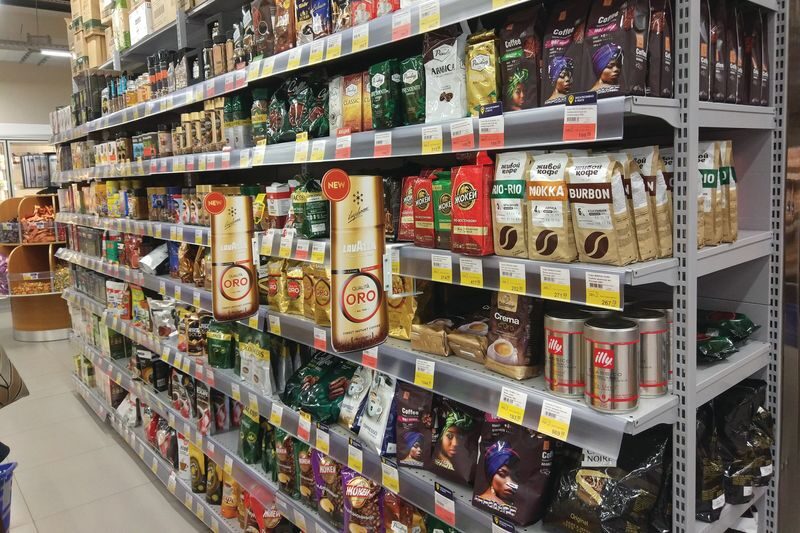In the dynamic landscape of consumer goods, private label products have emerged as a significant force, reshaping the traditional dynamics between brands and consumers. The European market, in particular, has witnessed a remarkable surge in private label sales, reflecting shifting consumer preferences and market trends.
According to recent data, private label sales in Europe surged by an impressive 21% in 2023 compared to 2020. This substantial growth can be attributed to several key factors driving the appeal of private label products. One major factor is the decreasing buying power of consumers, as economic uncertainties prompt individuals to seek more affordable alternatives without compromising on quality.
In tandem with this trend, private label products have undergone a notable improvement in quality, challenging the longstanding perception that they are inferior to branded counterparts. Manufacturers have invested in enhancing the quality and diversity of private label offerings, leveraging advanced technologies and innovative production processes to meet evolving consumer expectations.
One of the defining characteristics of private label products is their flexibility in manufacturing and sourcing. Unlike branded products, which are often tied to specific manufacturing facilities or regions, private label goods can be produced anywhere, allowing retailers to capitalize on cost efficiencies and access a broader range of suppliers.
Moreover, private label products typically boast a competitive pricing advantage over branded alternatives. By cutting out the hefty marketing and advertising expenses associated with building and maintaining a brand image, retailers can offer private label products at more attractive price points, appealing to price-conscious consumers.
Another significant development contributing to the rise of private label products is the shifting dynamics within the retail industry. The PLMA (Private Label Manufacturers Association) trade show held annually in Amsterdam has witnessed a notable increase in the number of buyers from the retail sector seeking to connect with producers of private label goods. This heightened interest has spurred the emergence of similar trade shows in other regions, including Dubai, Turkey, France, and Asia, reflecting the global expansion of private label products.
The proliferation of private label shows underscores the growing recognition among retailers of the value and potential of private label offerings in driving sales and enhancing profitability. These events serve as platforms for retailers to explore new partnerships, discover innovative products, and gain insights into emerging consumer trends.
Looking ahead, the trajectory of private label products appears poised for continued growth and innovation. As retailers continue to prioritize value-driven offerings and consumers increasingly prioritize affordability without sacrificing quality, private label products are likely to cement their position as a formidable presence in the global consumer goods landscape.
In conclusion, the surge in private label sales in Europe and the burgeoning interest in private label products globally underscore a fundamental shift in consumer preferences and retail dynamics. With their combination of affordability, quality, and flexibility, private label products are reshaping the competitive landscape and redefining the relationship between retailers, brands, and consumers.



